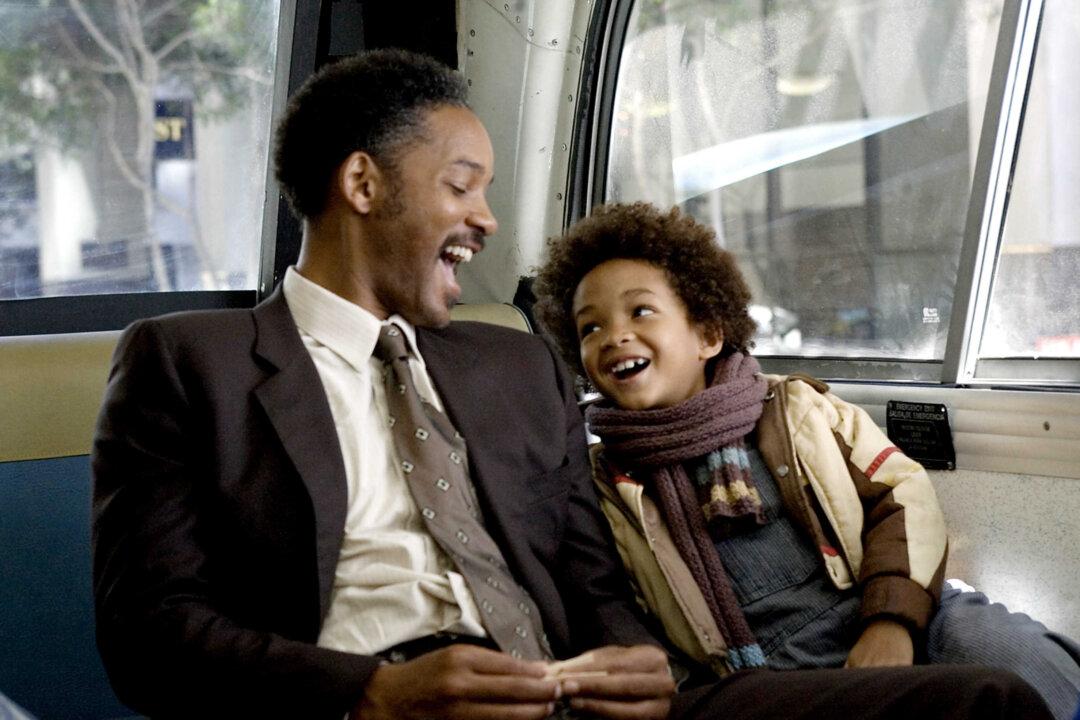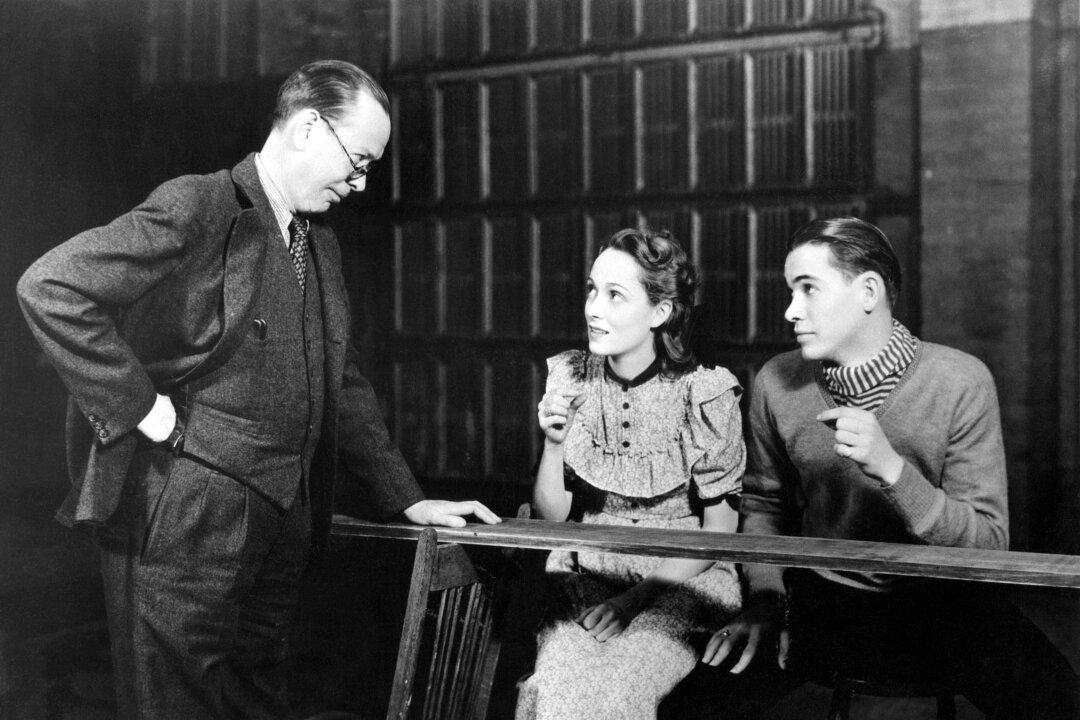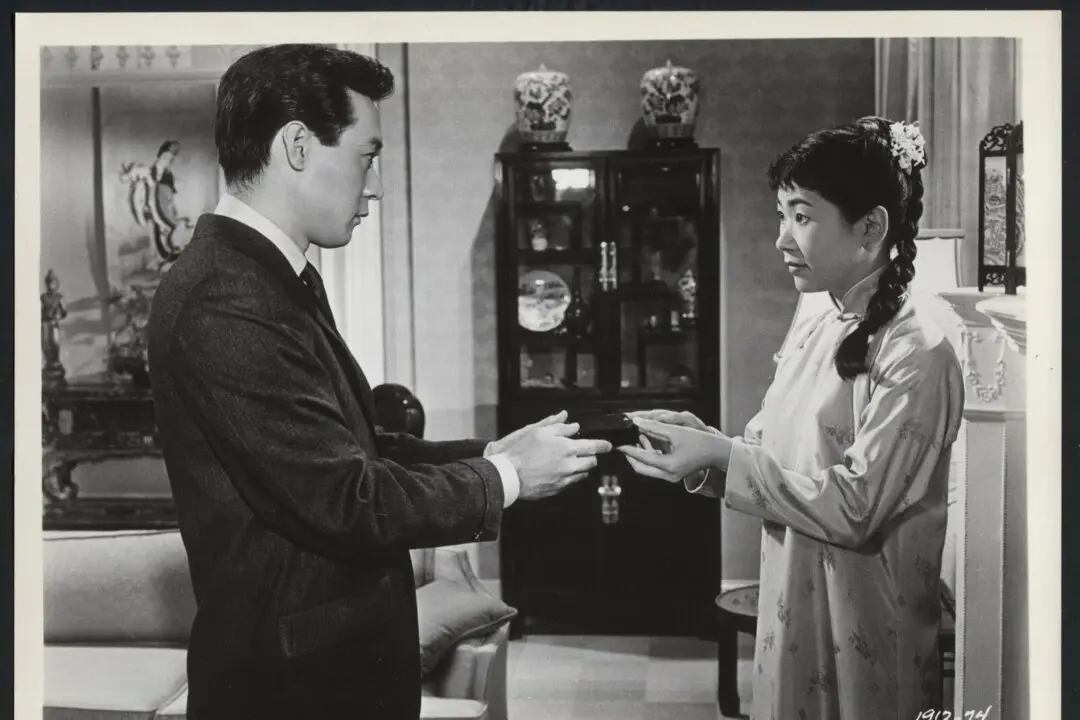Search online for “young men in trouble,” and you’ll find dozens of articles, many of them quite recent, about a generation of males in crisis. Many young men are floundering nowadays, uncertain of who they are or their purpose in life or what it means to be a man in a culture that has lost its moorings.
As a part of this culture, Hollywood shares responsibility for helping create this storm of chaos and confusion. Yet even Tinseltown has produced plenty of movies that offer viewers positive lessons on the meaning of manhood.






